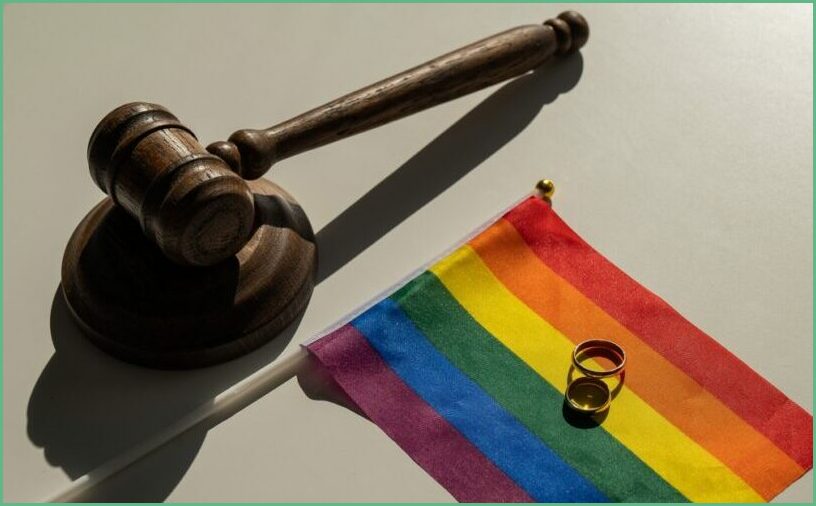The Texas Supreme Court ruled that a judge who declines to officiate same-sex weddings does not automatically violate judicial impartiality, a decision that frames the issue as one of conscience, judicial ethics, and the proper limits of state coercion in personal matters.
This ruling reaffirmed that a judge’s refusal to perform a marriage ceremony, on religious or moral grounds, is not the same as showing bias in the courtroom. The court drew a line between personal actions taken off the bench and official conduct that would compromise impartial decision making. That distinction matters for preserving both judicial fairness and individual conscience.
From a Republican perspective this decision protects basic liberty: public officials should not be forced to act against deeply held beliefs when doing so would be purely ceremonial. There is a clear difference between denying equal access to government services and choosing not to participate in a personal ritual. The court’s language recognizes that protecting conscience does not excuse official misconduct, but it also does not criminalize refusal to officiate.
Practically speaking, the ruling suggests reasonable alternatives when a judge objects to performing a marriage. Counties can arrange for another judge or an official to handle ceremonies, and couples still retain access to lawful marriages through other means. That flexibility avoids unnecessary conflict while respecting both the couple’s legal rights and the judge’s conscience.
Critics argue the decision permits discrimination, but the court focused narrowly on judicial ethics rather than social policy. The key question was impartiality in adjudicative duties, not endorsement or condemnation of lifestyles. By limiting its holding to the courtroom context, the court avoided broad declarations about social values while still resolving an important administrative issue.
The ruling also reflects a broader concern about government overreach into personal belief. Forcing a judge to participate in a ceremony against conscience would set a precedent for compelling speech and action from public servants. Republicans often emphasize that protecting civil liberties includes shielding individuals from being required to act as an instrument of government views they cannot in good faith support.
This decision will likely shape municipal policies and training for judges and clerks. Officials should document procedures for accommodating objections so services remain available without forcing personal compliance. Clear policies protect officials from frivolous ethics complaints and ensure that citizens receive consistent access to legal processes.
Legally, the case underscores how courts parse the meaning of impartiality in practice. Impartiality is about unbiased rulings and fairness under the law, not compelled participation in symbolic acts. The Texas court separated ceremonial duties from adjudicative responsibilities to preserve both judicial integrity and individual conscience.
Expect continued debate and state-level adjustments as local governments adapt to the ruling. Supporters of conscience protections will see this as a win for individual liberty, while opponents will continue to press for broader anti-discrimination measures in public life. The decision sets a framework that leans toward accommodation without excusing improper conduct in official duties.
